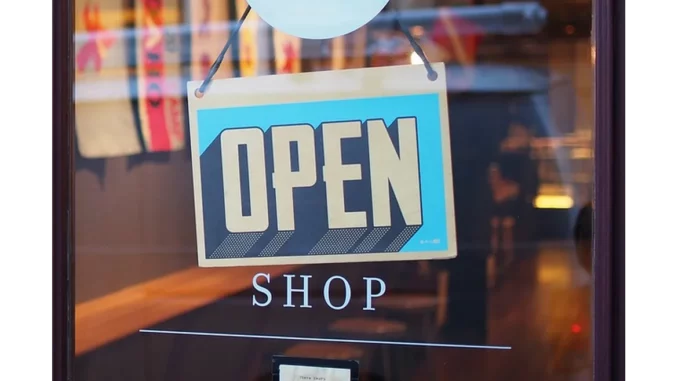
During a recent discussion with Sarah Mitchell, an asset manager at British Land, the conversation illuminated the company’s strategic reorientation towards retail parks. This shift has not only proven financially astute but also reflects a deliberate adaptation to the evolving retail environment in the UK. With her extensive experience in property management, Sarah offered a comprehensive overview of how British Land has managed to surpass the broader UK property market through its investments in out-of-town retail parks.
Focus360 Energy: property compliance services – pre-planning to post-construction. Learn more.
“British Land’s decision to ramp up its investment in retail parks has been crucial,” Sarah began, as we settled into a quiet corner of a bustling café. “This market segment has demonstrated considerable resilience, particularly with the rise of click-and-collect services.”
British Land’s strategic pivot commenced in earnest in 2021, amidst significant valuation declines precipitated by the Covid-19 pandemic and the disruptive UK mini-budget of 2022. Traditionally known for its office-centred campuses, the company began to intensively focus on retail parks, which offer lower rents and appeal to a diverse array of tenants, from discount retailers to multi-channel operators.
“Our retail parks have become highly attractive to tenants,” Sarah elaborated. “The lower occupancy-cost ratio—less than 9% compared to 12%-13% in shopping centres—makes it more cost-effective for retailers. Additionally, these spaces are well-suited for the logistics of click-and-collect services.”
The outcomes of this strategic shift are noteworthy. By the end of March, retail parks accounted for approximately 48% of British Land’s total annualised gross rental income, a significant increase from the 27% recorded at the end of 2021. This transformation has not only stabilised the company’s portfolio but has also resulted in impressive market performance. Over the past year, British Land’s stock has surged by roughly 21%, outpacing a 7.3% rise in the broader real estate index.
“One of the critical aspects of our success has been the near-full occupancy rates of our retail parks,” Sarah remarked with a smile. “In contrast, the broader retail market has a vacancy rate of around 4%. This high occupancy underscores the strong demand from retailers for these spaces.”
British Land’s retail parks, including prominent sites such as Glasgow Fort and Fort Kinnaird, now host leading tenants like Kingfisher, Currys, DFS, Dunelm, Pets at Home, and Marks & Spencer. Over the past three years, the company has acquired eight additional retail parks, bringing its total to 44 facilities.
“The growth in click-and-collect services has been a transformative factor,” Sarah explained. “It’s a convenient option for consumers and more cost-effective for retailers compared to home delivery. This trend has significantly enhanced the appeal of our retail parks.”
The financials corroborate the strategic success. British Land recently announced a better-than-expected increase in annual profit, and its valuation writedown for the last financial year was relatively modest compared to its sector peers. The valuation of British Land’s retail park properties rose by approximately 3% at the financial year-end, while its close competitor, Land Securities, reported a 1.1% decline in the valuations of its major retail properties.
Sarah highlighted the strategic vision of the leadership team, particularly CEO Simon Carter and CFO Bhavesh Mistry. “Simon has been very vocal about the strength of our retail parks. His vision and Bhavesh’s data-driven approach have been instrumental in steering our investments. They identified the potential in retail parks early on and directed the company accordingly.”
CFO Bhavesh Mistry, in a post-earnings interview, mentioned the robust demand from retailers for more retail park space. “We are continually looking to expand our portfolio,” Sarah confirmed. “The demand is there, and we aim to meet it by acquiring more retail parks.”
British Land’s strategy has indeed borne fruit, outperforming the wider MSCI All Property total returns benchmark by 300 basis points at the close of its financial year. This accomplishment underscores the efficacy of their pivot to retail parks and their adeptness at adapting to market conditions.
As our conversation drew to a close, Sarah expressed a positive outlook for the future. “The retail landscape is evolving, and so are we. Our focus on retail parks has provided both stability and growth, and we are committed to continuing this trajectory. It’s about understanding the market and being adaptable.”
Reflecting on my conversation with Sarah Mitchell, it is clear that British Land’s success is a blend of strategic foresight, market insight, and the agility to pivot in the face of challenges. Their investment in retail parks has not only navigated sector difficulties but has also established a benchmark for performance in the UK property market.


Be the first to comment